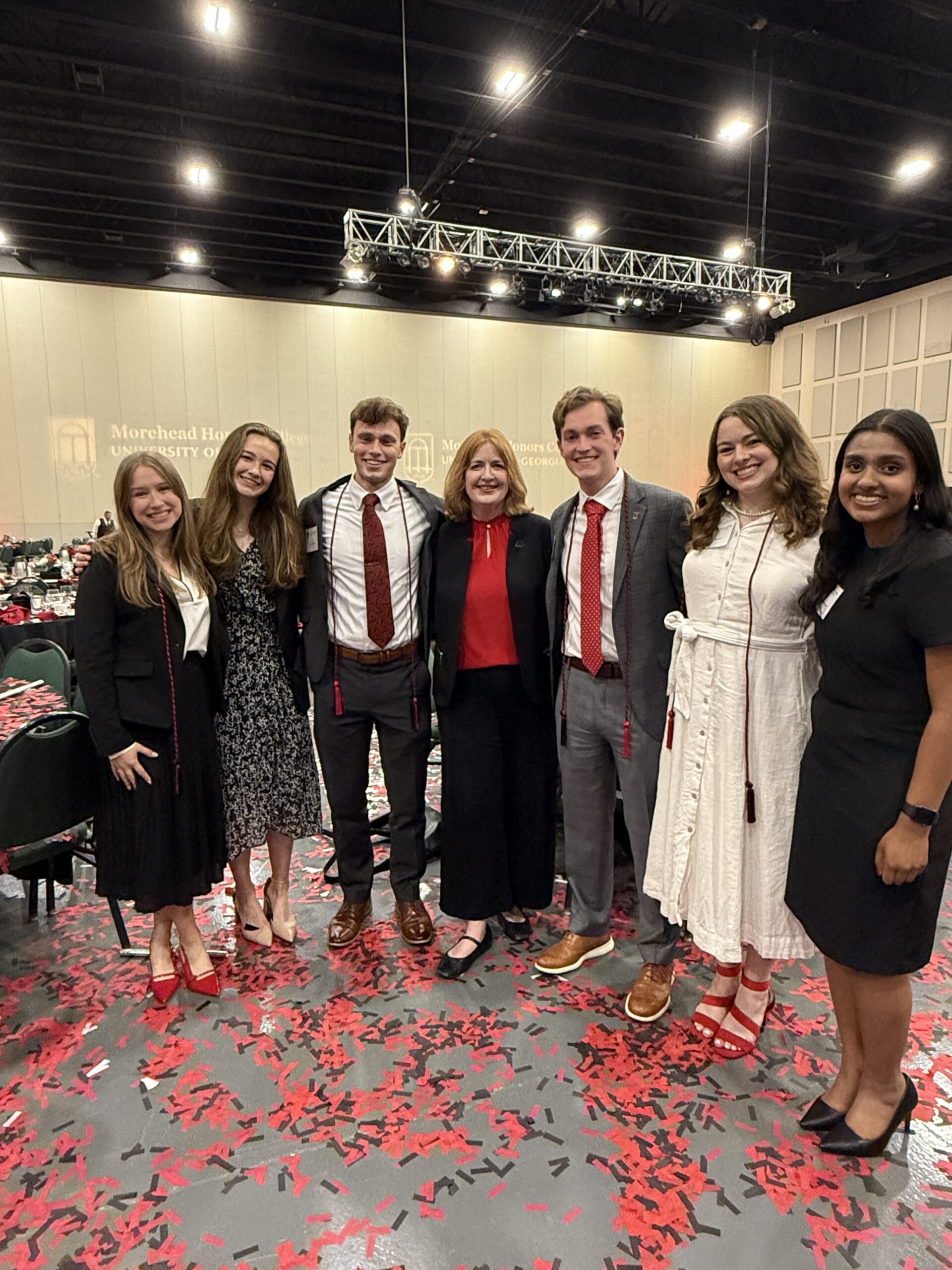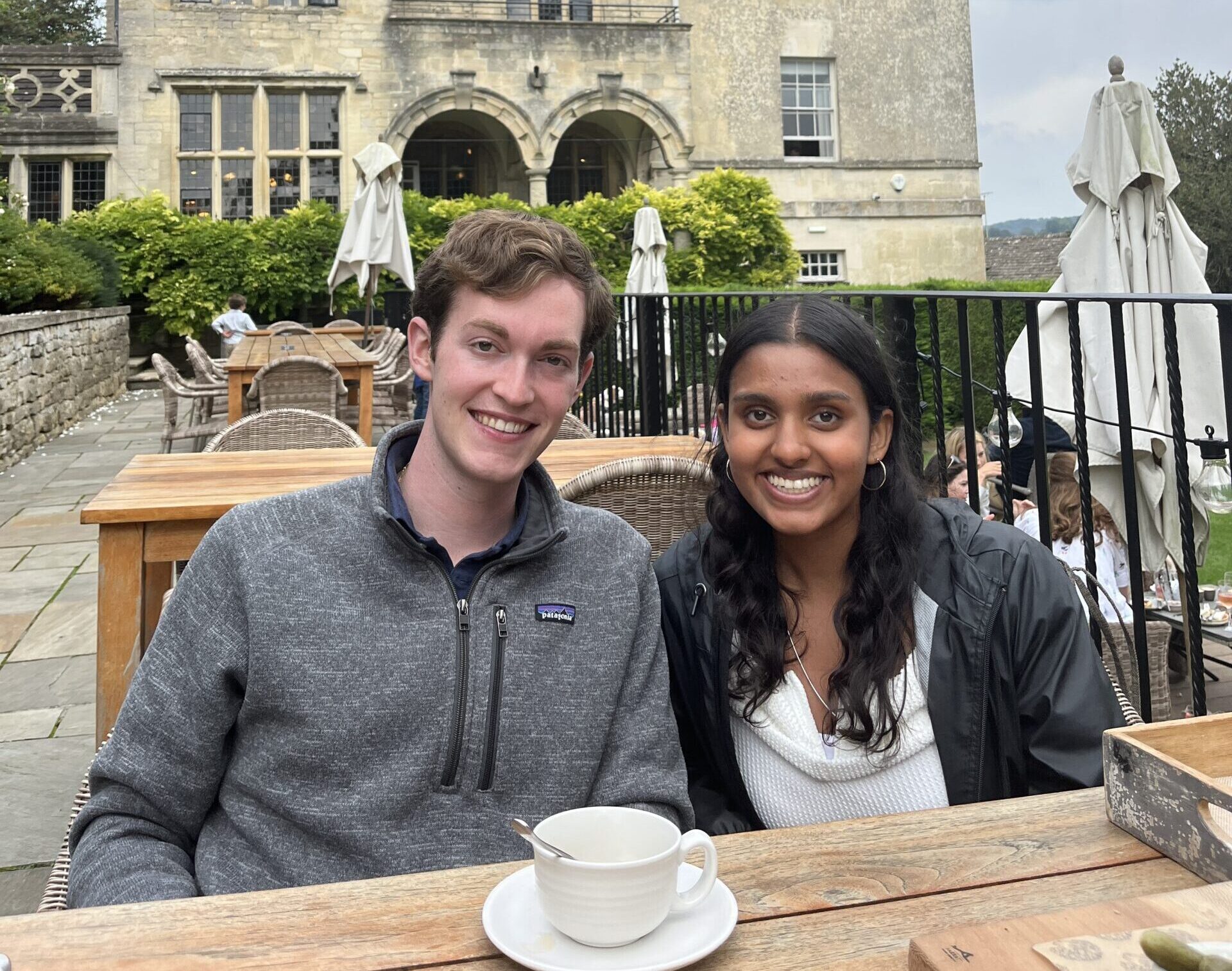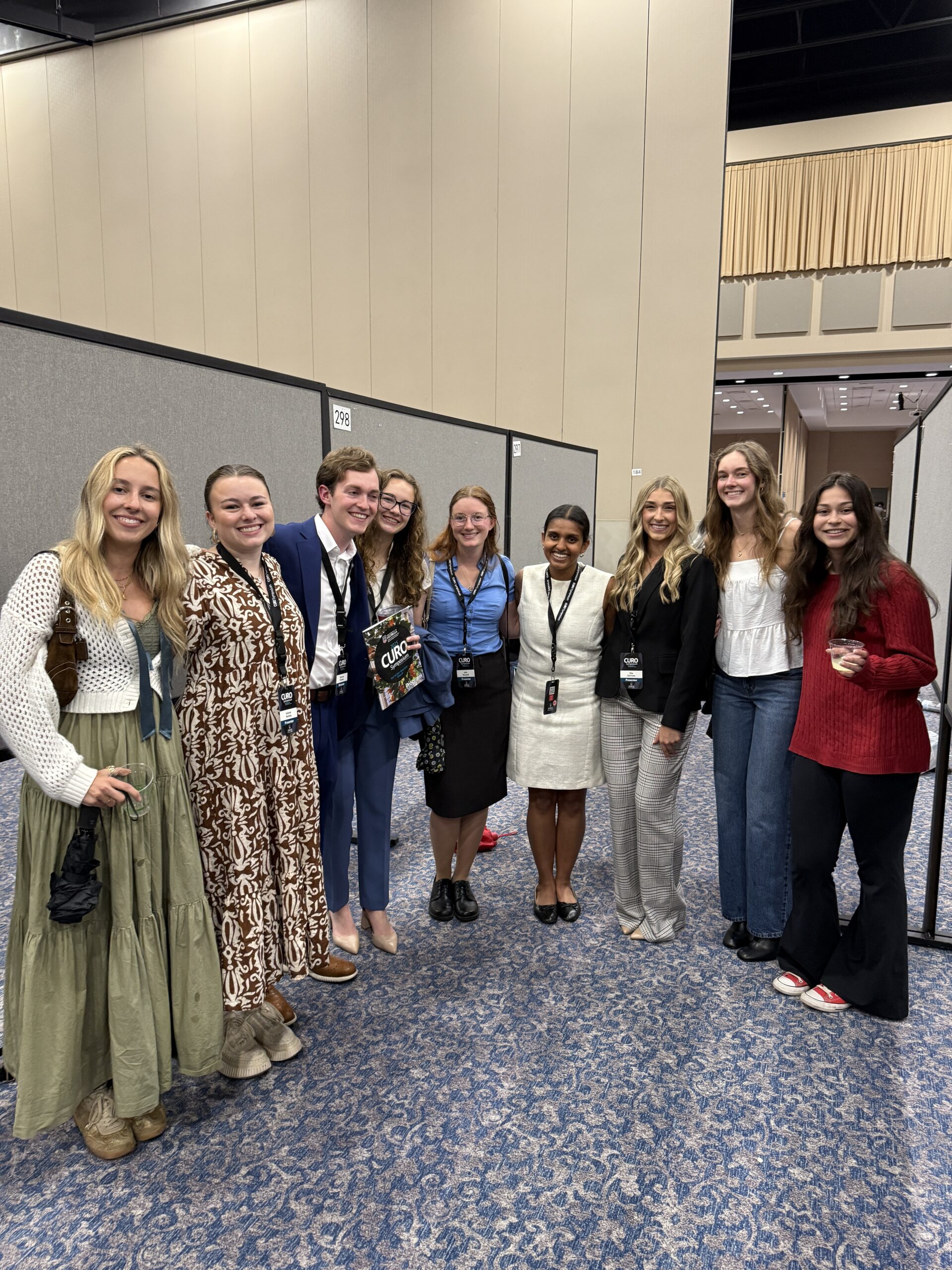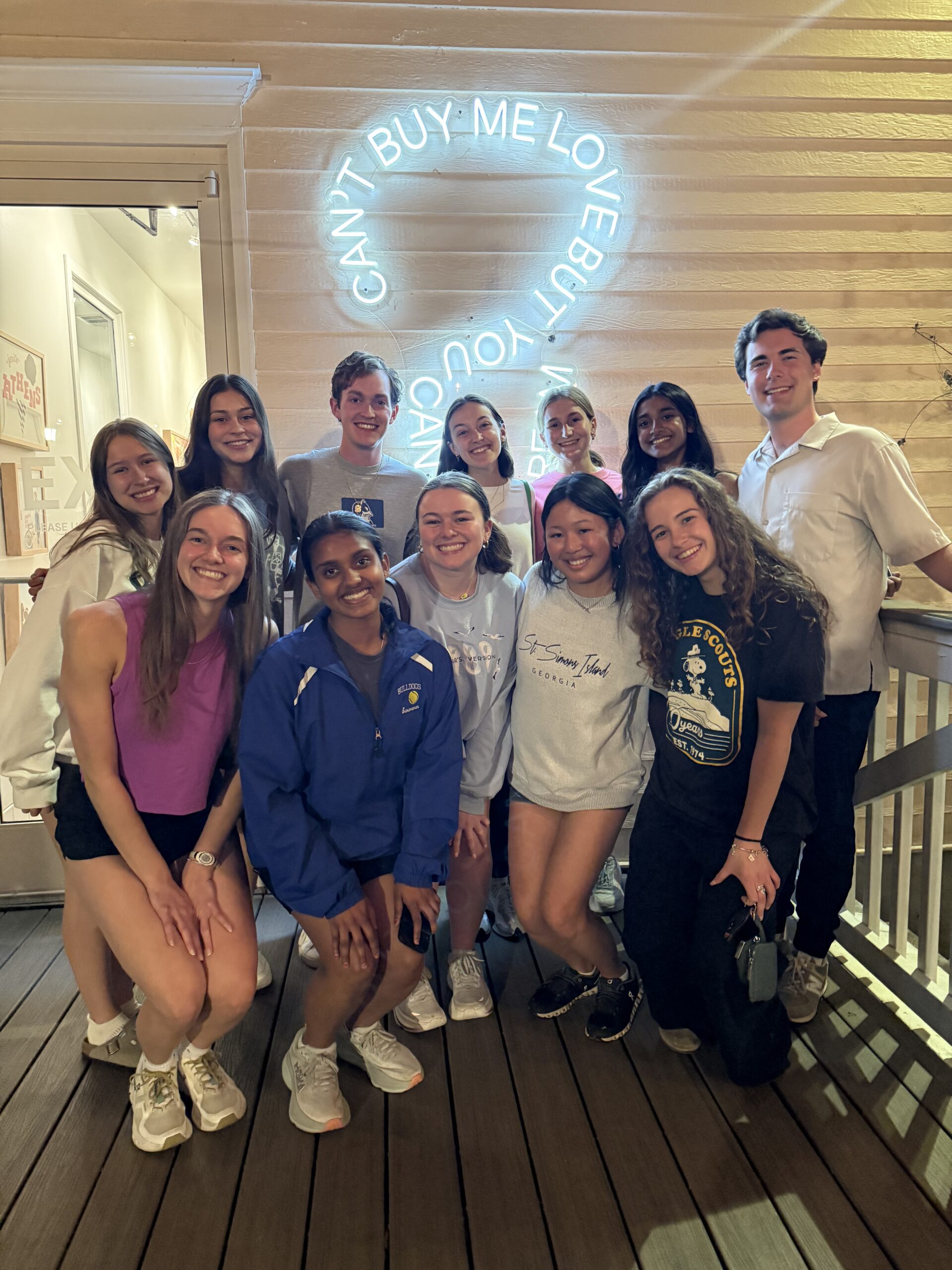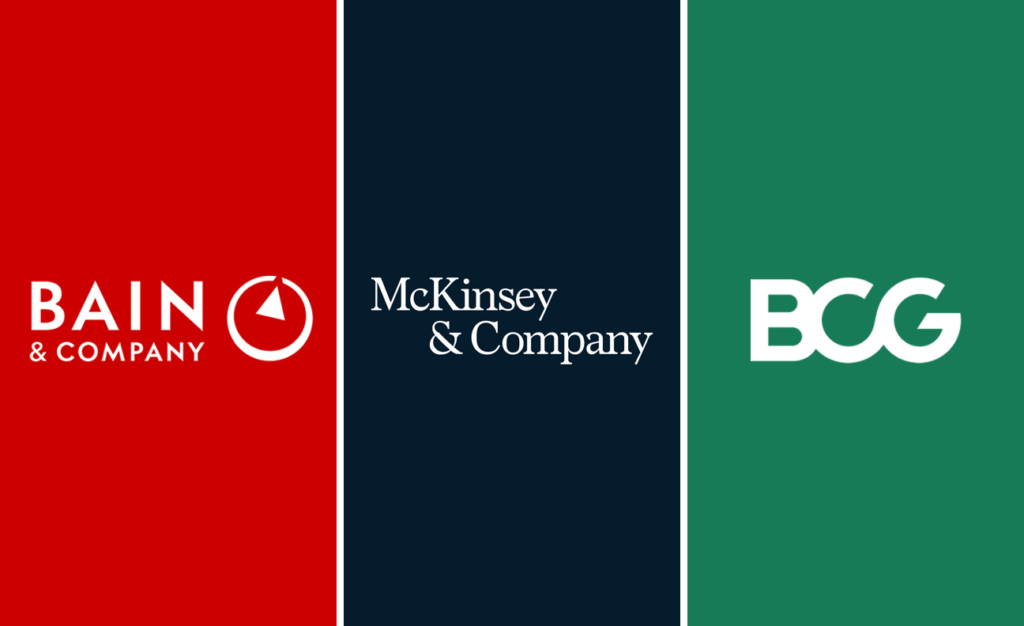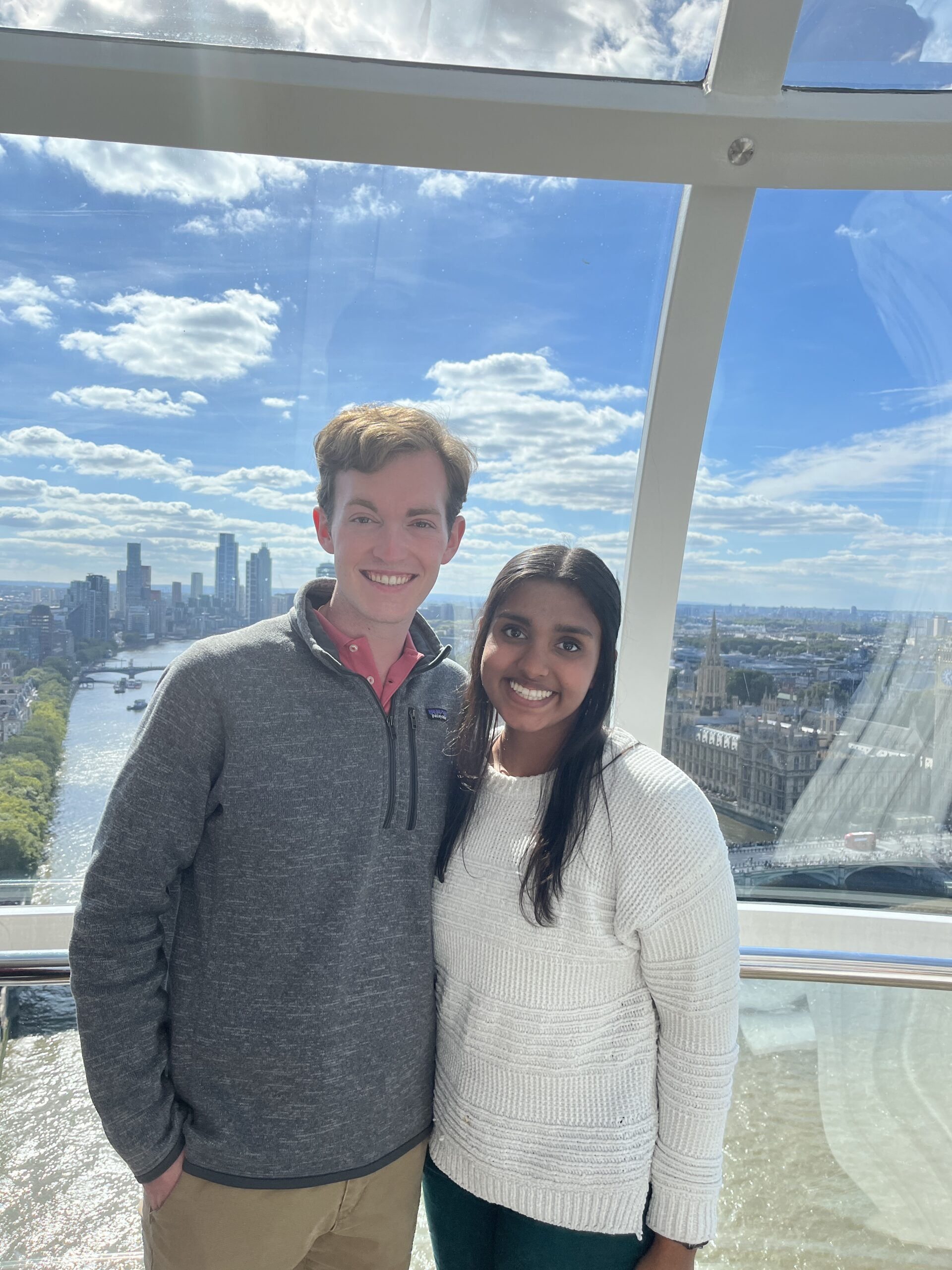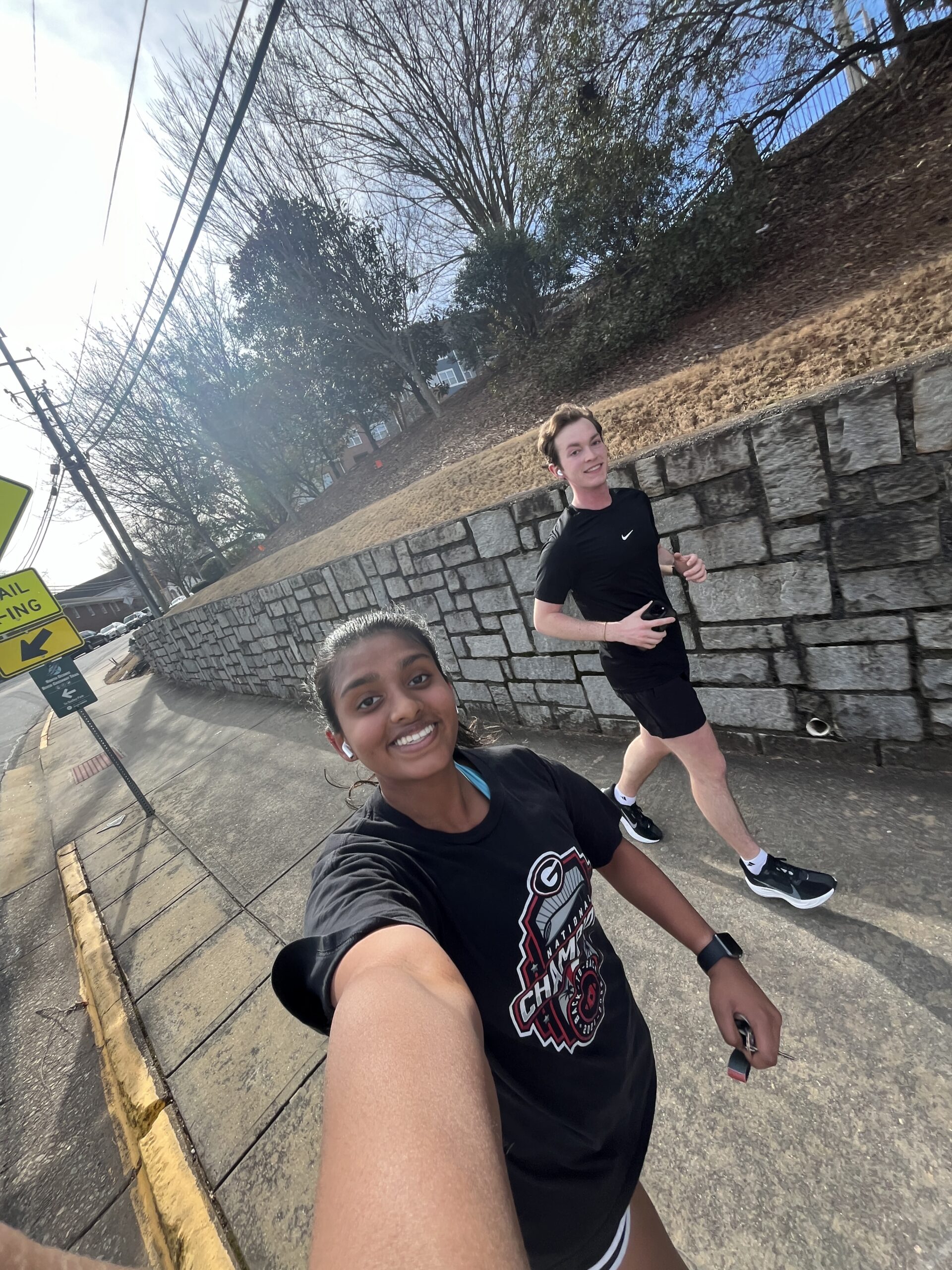The start of a new school year is full of a variety of emotions: anxiety, excitement, dread, anticipation, even hope. Despite the fact that we’ve all been in school for what feels like forever, there is always some adjusting we have to do at the beginning of a new semester/year. Since a lot of you are a month into college now and have gotten through syllabus week and your first exams, we thought this would be a great time to write about what we wish we knew before we started each academic year.
This will include a mixture of advice and insights from academic, professional, personal, and social life. Whether you’re starting off as a freshman or even kicking off grad school, this could be applicable, so keep reading!
- Get (and stay) organized early!
- College is chaotic. It feels like there are constantly a million things you need to get done and dozens of places you have to be in a day, and it can very easily be overwhelming. The beginning of the year is the best time to get organized because this period, unfortunately, is the most downtime you will have. Our biggest recommendation is to start using Google Calendar if you haven’t already. This saved our lives during college. Use the colors and make categories for different areas of your life. Some examples for categories are: Classes, Organizations, Research, Workout, Social Events. Then, go ahead and plug in the predictable things in your schedule, such as your weekly classes, and create custom repetitions of the event. This way you can start off easy by knowing which times you are definitely NOT available. Google Calendar also helps you plan ahead for the week. If you make plans with friends, add that to your calendar! If you want to go to office hours, put that in! This is another way of holding yourself accountable, and also prevents you from double booking yourself or forgetting plans. You can even enable alerts and notifications from your calendar. Some people also prefer using Apple or Outlook (we know…crazy) calendars. Personally, we think Google Calendar is the most user friendly, but you can also sync up your Apple and Google Calendar if you prefer.
- Now, specifically on the academic side, you should make yourself an assignment tracking spreadsheet. This is probably a major reason we didn’t have any late or missed assignments. After you have all of your syllabi, go through and add in all of your assignments, tests, and important dates for each class. Make each course its separate color and add deadlines (including times!) for each entry. After you have everything entered for each course, you can sort the sheet based on date with the earliest assignments on top. We also like to organize the sheet by chronological day ascending to keep it organized. Dawson made his tracker on Google Sheets, and Saanvikha used Excel. We included examples of what this tracker could look like below so that you can format yours similarly. There are also tons of videos on Tiktok or Instagram that give you step by step instructions on how to create this tool, but please reach out if you want us to help!

- Plan out your priorities
- It is SO easy to get excited and fill up your plate in college. After going to the fall engagement/activity fairs, you see so many clubs and organizations (and probably have joined dozens of GroupMes). It’s a very new and thrilling time, so, of course, you’re going to want to join everything and really get involved (we did too!). If you’re an upperclassman, you probably already have consistent involvement or exec positions, but you also might have some goals of other activities you want to add to your plate. One of our biggest recommendations is to sit down and plan out your priorities for the year at the very beginning. Doing this could have saved us so many sleepless nights and calls complaining about a responsibility we have. List out all of your involvement for the year (clubs, research, workout classes, etc.). If there is something on the list that you no longer care about and won’t have a strong influence on your academic/professional path, strike it out, immediately! Don’t spend your time doing something you don’t have a passion for or is not setting yourself up for success. Also, include any upcoming major milestones such as the MCAT/LSAT/GRE. If you need to study for one of these exams, your other involvement may have to decrease. You don’t want to spread yourself too thin. It might seem like you can handle it at the beginning of the semester, but as classes get more intense, tests pile up, big events start to approach, you’re going to feel like you’re drowning, and you still want to make time for a social life in college.
- Don’t overbook yourself
- Overbooking yourself is SO easy. Our minds are constantly racing, and it’s hard to keep track of everything. Yes, even if you have a Google Calendar, like we recommended, you can still overbook it. We know that sometimes we would see an hour between classes or an hour before our 7 PM volunteering, and we would schedule a meeting or even a coffee date. But, sometimes we didn’t take into account commute time or exhaustion. Just because you have a free hour does not mean you have to fill it up because that hour might be just enough time for you to catch your breath and recover before you’re off to your next activity. It took almost until senior year for us to figure out how to not overbook ourselves. Don’t hesitate to say “no” to something or see if you can schedule it a different time if you feel like you are on track to being overbooked.
- Be a villager
- This is a term that you’ve probably been seeing a lot on Tiktok or social media, but it is especially true in college. You can’t expect to have a community and support system around you if you don’t also show up for your friends. Yes, you still need to prioritize personal care and your mental health (more on that later), but protecting your peace can be taken a little too far if having strong friendships is important to you. Even if you’re tired or aren’t up for getting out of your bed simply because you’re lazy, go to your friend’s birthday party! Make an effort to reach out often to people you care about to simply check on them. If a friend is having a rough day, make them a little goodie basket or drive to go see them in person. People will only show up for you if you also show that you care for the friendship.

- Make sure you’re working hard…but not too hard
- We know…this sounds odd at first. Let’s start off by establishing that we are HUGE proponents of working hard. You’re not going to achieve all of your goals and get where you want to go in life if you do not put in the effort and time. However, there are times you might be working harder than you need to. There might be certain courses in which you already have a solid foundation or maybe you just understand them easily. In these cases, you don’t have to do every single recommended reading or textbook problem. That becomes time-consuming, and if you would do just as well without them, they might be worth skipping. This way you can also focus your energy and time on harder topics or classes. It’s harder to gauge how much work you will have to put into a class the first few weeks, but as time moves, you will quickly realize in which classes you can ease up in and which ones you might have to be more proactive and hardworking in. Please don’t take this as us saying you shouldn’t aim high and do the best you possibly can on each exam because you should!! We are more so telling you to structure your time more wisely so that you aren’t wasting it (there isn’t enough time in the first place)!
- Take care of yourself
- This might be the most important piece of advice out of them all. Start taking care of yourself early in the year. Our biggest recommendation is to create a predictable routine in your day to prioritize your mental health and personal care. Maybe you spend the first hour of your morning with little to no electronics and take time with just yourself. Or, maybe you spend the last hour of your night reading, journaling, and getting to a calm state of mind. Whatever it is, remember that being unplugged and giving your mind time to recover is so important. Make sure to also prioritize getting movement. Going to workout classes with friends or running on the Greenway or going on walks around campus are amazing ways to stay active. Your body needs the endorphins. You can take at least 30 minutes out of your day to move your body despite everything else you have going on. Also, eat well! Do your best to eat 3 nutritious meals in a day (or whatever structure works for you). Don’t try to survive just on caffeine (it doesn’t end up well), and providing your body with nutrients will help it function so much better. Lastly, and this is an important one, please sleep. Consistently pulling all-nighters or only getting 3-4 hours of sleep is literally creating havoc in your body. It really is not a flex to not sleep. Yes, maybe you won’t sleep much the night before an Ochem or Accounting exam but generally, you want to aim for at least 6-7 hours of sleep each night. No exam or assignment is really that worth ruining your health for.

These 7 tips are ones we definitely wish someone told us before starting a new school year. Of course, a lot of things can be easier said than done, but the quicker you try to implement some of these into your lifestyle, the better your overall college experience will be. Seeing everyone start classes again is definitely a little bittersweet. Although we’re happy to not be taking 16+ credit hours each semester, we miss the hustle and experiences that come with it all. Good luck with the start of the year!! We know you all are going to do amazing!

